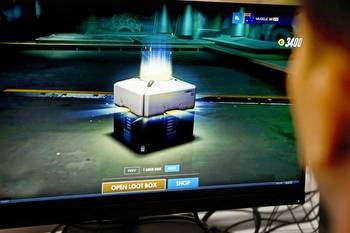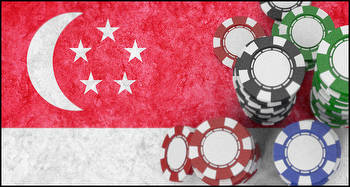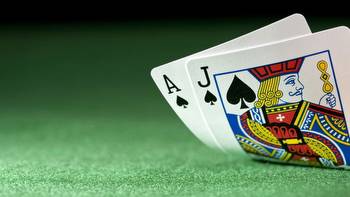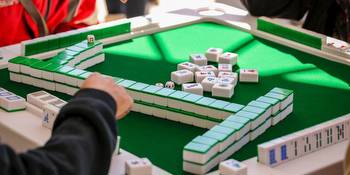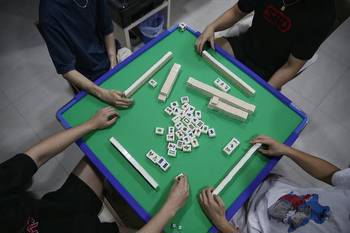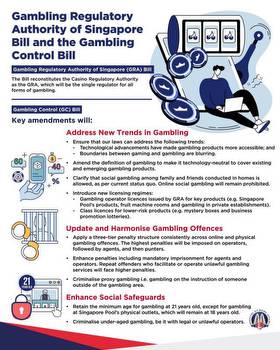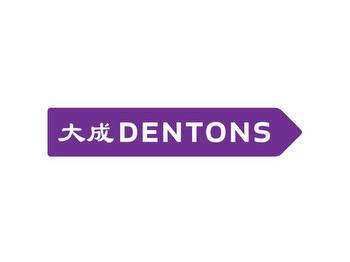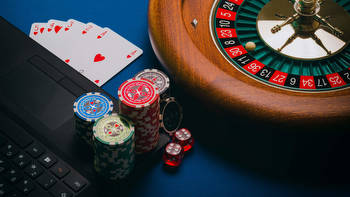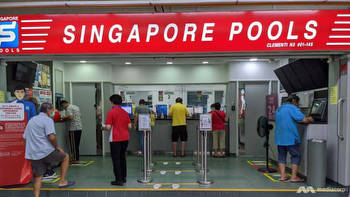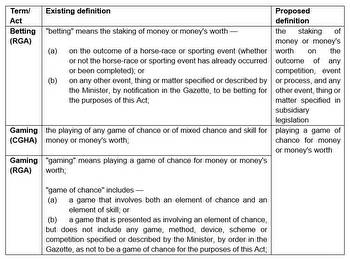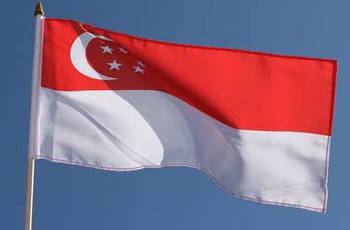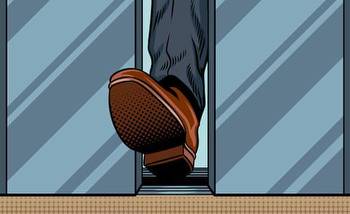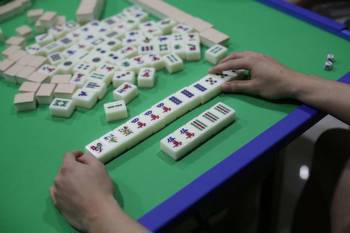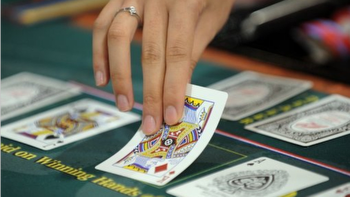Singapore to allow family social gambling, not online social

Singapore plans to permit “social gambling” among family and friends under revised gambling legislation the city-state plans. But the Ministry of Home Affairs said in a Monday statement that it did not intend to allow “online social gambling among families and friends” under the revised legislation.
“We are proposing to exempt physical social gambling among family and friends, subject to conditions that safeguard against criminal exploitation,” stated the ministry.
Currently, online social gambling is criminalised under the Remote Gambling Act, a piece of law that came into effect in early 2015.
The ministry announced in April 2020 that it would set up a new, centralised authority to oversee the entire gambling industry in Singapore. It said at the time it would also revise relevant laws and amend the definition of gambling so that it can cover emerging products.
The new body – to be called the Gambling Regulatory Authority (GRA) – was scheduled to be established in 2021, according to previous information.
In Monday’s announcement, the ministry stated that “advancements in technology” had made “Internet and mobile computing gambling products more accessible.”
The ministry noted that “explicit exemption” from prohibition of online social gambling would “pose enforcement difficulties, as it will be difficult to establish if individuals are sufficiently and meaningfully acquainted with each other in the online context to qualify as social gambling”.
The Singapore government is seeking public consultation on changes to the gambling laws, with a deadline of August 10.
The country has two bricks and mortar casino resorts: Resorts World Sentosa, run by Genting Singapore Ltd; and Marina Bay Sands, run by a unit of United States-based Las Vegas Sands Corp. Both properties opened in 2010. The country had to bring in new legislation to allow such business.
Singapore does not permit most forms of online-delivered gambling.
But the ministry noted in its Monday announcement: “It is not practical nor desirable in fact, to disallow all forms of gambling, as this will just drive it underground, and cause more law and order issues.”
The announcement said Singapore’s approach had “delivered good outcomes,” with gambling-related crimes “low”.
“Casino crimes” had contributed fewer than 1 percent of overall crime since the casino resorts started operations in 2010.
“The number of people arrested for illegal gambling activities has remained stable from 2011 to 2020… problem gambling remains under control,” said the statement.
“Based on the National Council on Problem Gambling’s Gambling Participation Surveys that are conducted every three years, problem and pathological gambling rates have remained relatively stable, at around 1 percent,” said the announcement.
The ministry also noted that “the boundaries between gambling and gaming are blurring”, but the city-state did not want to “over-regulate”.
“We recognise that many Singaporeans consider mystery boxes, arcade games and claw machines as a form of entertainment,” said the ministry. But it added: “There remains a need for safeguards to ensure that these activities do not induce gambling behaviour and cause social problems.”
The Ministry of Home Affairs is therefore proposing a prize cap of SGD100 (US$74) for mystery boxes, arcade games and claw machines.
“This cap will be sufficient to address the inducement effect of high-value prizes, without increasing the regulatory burden on operators,” suggested the ministry.
“We propose to raise penalties for repeat offenders who facilitate or operate illegal gambling services, to increase deterrence,” said the ministry. But it added it was not planning to raise penalties on members of the public that might use such illegal services.









